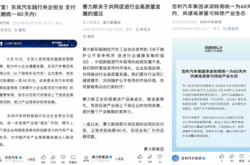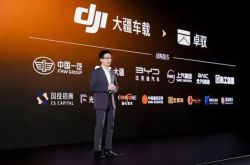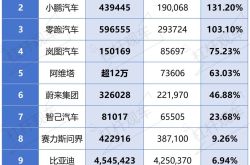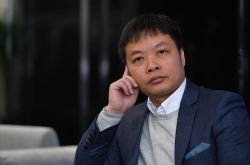Details Emerge: Will Honda-Nissan Integration Undergo Changes?
![]() 01/22 2025
01/22 2025
![]() 555
555
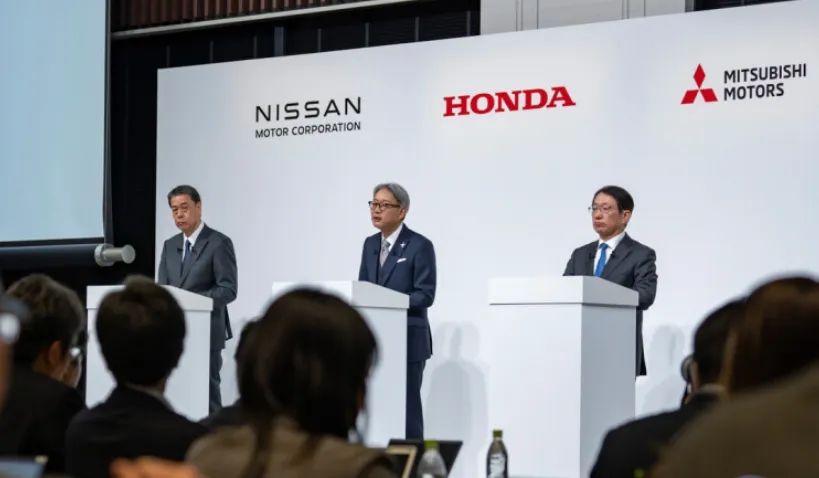
Introduction
The landscape is growing increasingly complex.
Last year, Nissan and Honda announced negotiations for a potential merger, driven by Nissan's survival crisis following significant challenges in 2024.
As negotiations deepen, Honda has presented a series of seemingly stringent and non-negotiable conditions, some of which are quite demanding, casting doubt on the finalization of the merger agreement.
Specifically, recent reports indicate that Honda has demanded that Nissan triple its profits by August next year, aligning with the initial timeline for the merger. However, for Nissan, whose operating profit plummeted by 90% in the first half of the year, this profit target is particularly daunting, equivalent to needing to increase profits by about $2.6 billion.
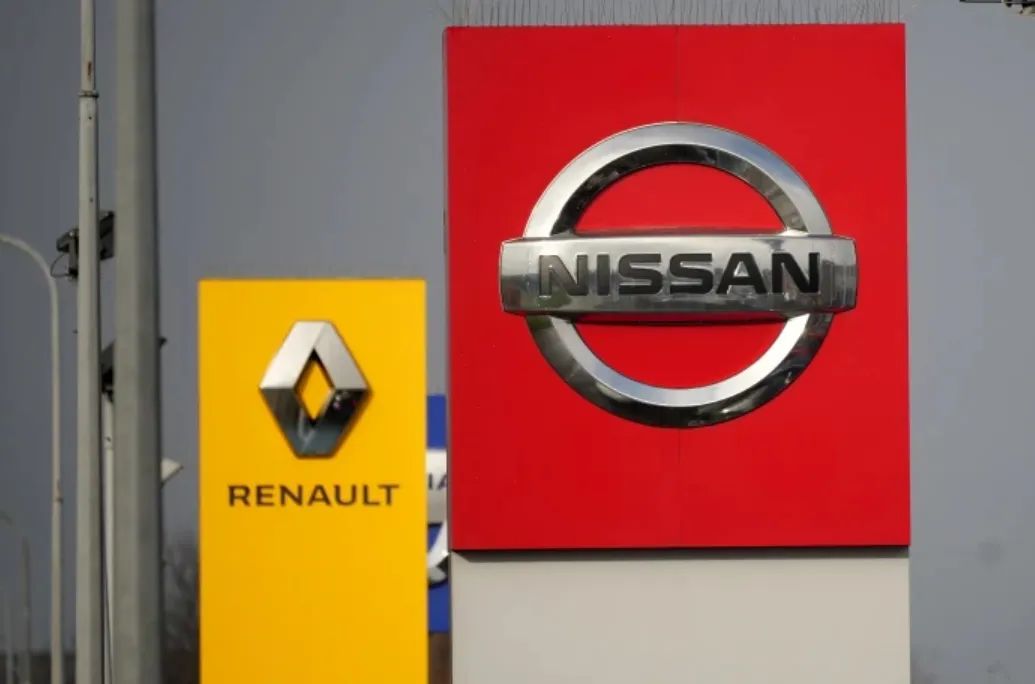
Honda's demands do not stop there. According to reports, Honda is also concerned about Renault, the major shareholder of Nissan, holding a 35.7% stake. Honda fears that during negotiations, if a third party acquires Renault's stake, Nissan may be subject to "adverse foreign influence."
Therefore, Honda hopes that Nissan will acquire Renault's stake on its own, which will cost more than $3.5 billion. For a company whose net income has declined by 94% in the first half of the year, these requirements are undoubtedly a heavy and potentially insurmountable burden.
Reports suggest a potential risk during the merger plan's advancement: Renault's stake in Nissan may be acquired by an unknown third party, undermining the entire merger process. There are even rumors that Foxconn has shown interest in acquiring Renault's stake in Nissan, further complicating the situation.
Moreover, multiple media outlets have revealed that the Japanese government is actively promoting this merger behind the scenes due to Foxconn's strong interest in Nissan. The government aims to prevent one of its long-standing automotive brands from being acquired by a Taiwanese company.
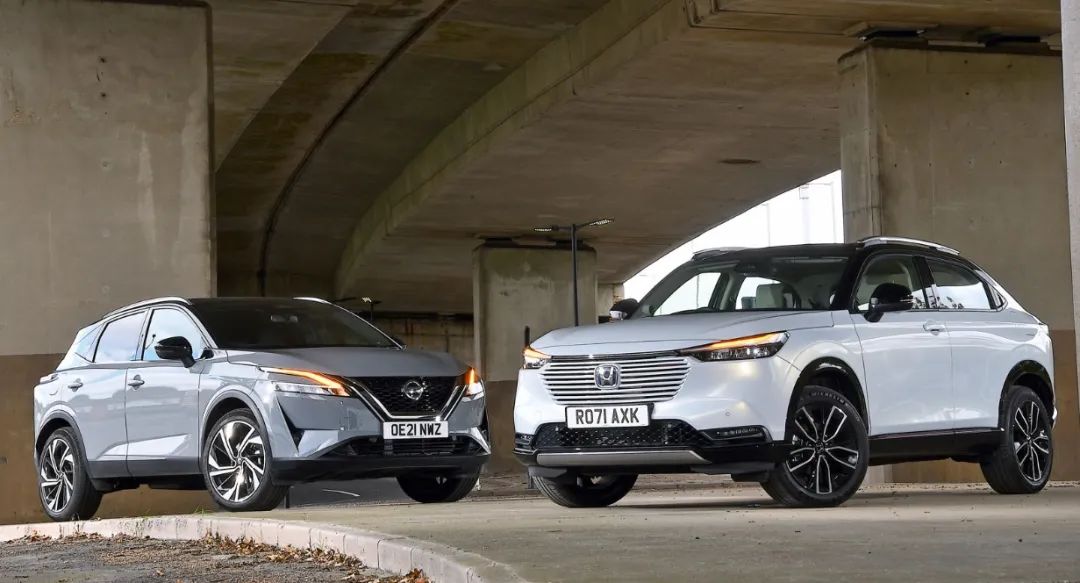
For Renault, the Nissan-Honda merger may not be the best option, but the French automaker has maintained a cautious and neutral stance. Shortly after the initial news of the merger negotiations was announced, Renault issued a statement saying it was "weighing all possible options."
Currently, it's worth reiterating that Honda and Nissan are still deeply assessing the feasibility of this proposed merger. A final decision is expected by the end of this month, and if approved, both parties will take more comprehensive actions to complete the merger by the end of 2026.
Therefore, any potential acquisition of Renault's stake by Nissan may not start until the end of this month at the earliest. However, there are widespread doubts about whether Nissan has enough financial resources to undertake such an acquisition.
Concerns about Nissan's Financial Issues
There remains doubt about whether Nissan has enough funds to acquire Renault's stake. As of the end of 2024, Nissan's market value had plummeted to approximately $10.2 billion, with cash and cash equivalents of only $9.7 billion, indicating severe financial difficulties. This is a significant factor behind Nissan and Honda considering a merger.
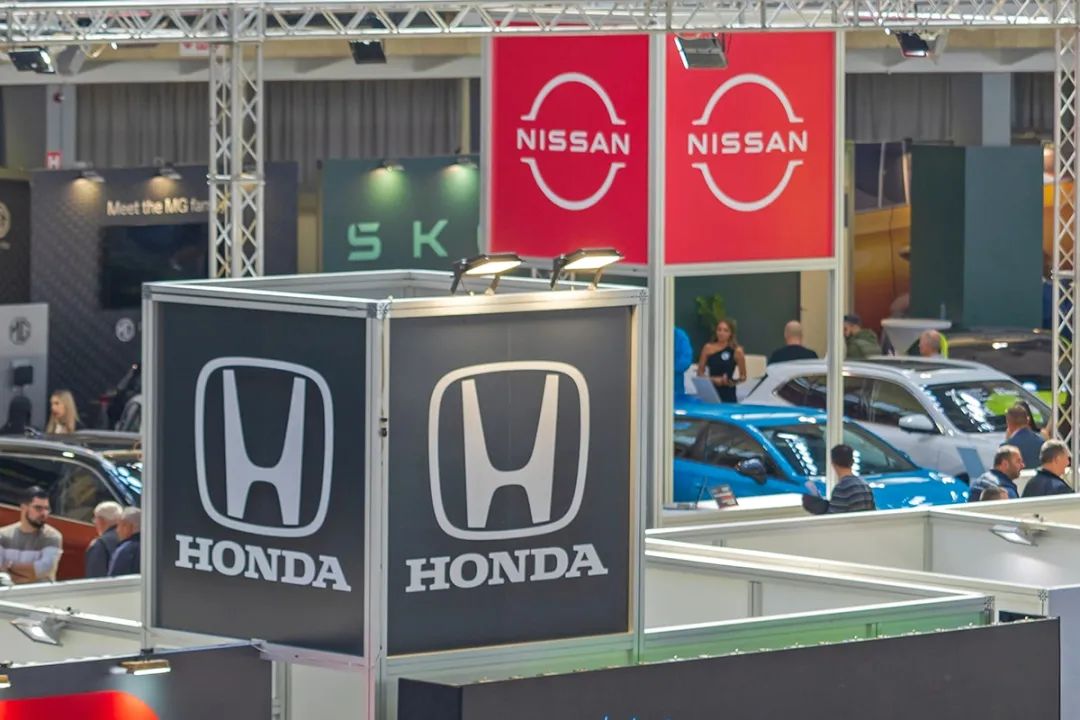
In the first half of fiscal year 2024, Nissan's financial situation further deteriorated, with operating profit plunging 90.2% from approximately $2.3 billion to $225 million, and net income falling from approximately $2.02 billion to $131 million, a drop of 93.5%.
Given Nissan's heavy financial burden, there are doubts about the benefits Honda can gain from this merger. When Honda CEO Toshihiro Mibe was asked about the strategic benefits of the new partnership, he admitted it was a difficult question to answer.
Reports suggest that the merged group aims to generate $19 billion in revenue annually and achieve $6.4 billion in synergies. For Nissan, this means contributing approximately $3.8 billion in profits in the long term. However, if Nissan fails to propose a viable strategy to triple its profits by fiscal year 2026, the merger may fail.
Previously, Toshihiro Mibe made it clear that if Nissan and Honda cannot operate as two independent companies post-integration, the integration will not be possible. In contrast, Honda is in a more favorable position to fulfill its responsibilities. Honda's operating profit is expected to reach approximately $9.1 billion in fiscal year 2024, while Nissan has significantly reduced its full-year forecast to approximately $950 million, a decrease of 74% compared to fiscal year 2023.
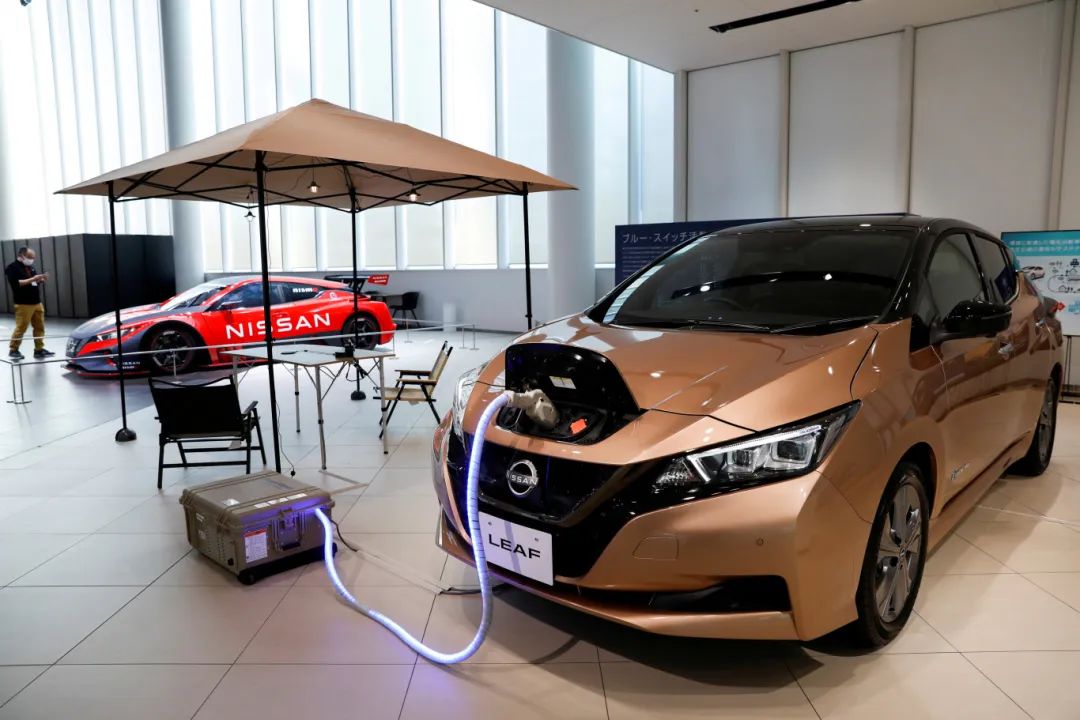
In terms of production capacity, Nissan plans to produce about 4 million vehicles annually after capacity reduction. Nissan CEO Makoto Uchida said that if Nissan can sell 3.5 million vehicles annually and balance shareholder returns and growth investments, the company can achieve profitability. Unfortunately, however, Nissan's expected sales volume for this fiscal year is only 3.4 million vehicles.
Currently, many specific terms of the merger are still being finalized. Nissan and Honda plan to determine the share transfer ratio in June, referring to the average share price before the memorandum of understanding's signing. After the merger plan was announced, Honda's share price suffered a significant hit due to market concerns that Nissan would drag down Honda's development.
Honda and Nissan's Complex Relationship in China
The second obstacle facing the Honda-Nissan merger is that both companies have close cooperative relationships with Chinese manufacturer Dongfeng Motor. Dongfeng Motor was Nissan's initial partner when entering the Chinese market, responsible for contract manufacturing of some Nissan models and deeply involved in automobile development, especially in electric vehicles. Meanwhile, Honda has also established a joint venture with Dongfeng in China, focusing on the development and manufacture of electric vehicles, and recently launched the Honda Ye series sold exclusively in the Chinese market.
Relevant personnel pointed out that Honda has always hoped to coordinate the development costs of the two brands. However, Honda has a complete brand system in China, with significant investments in development, manufacturing, and marketing, forming a competitive relationship with other vehicles jointly developed by Dongfeng and Nissan.
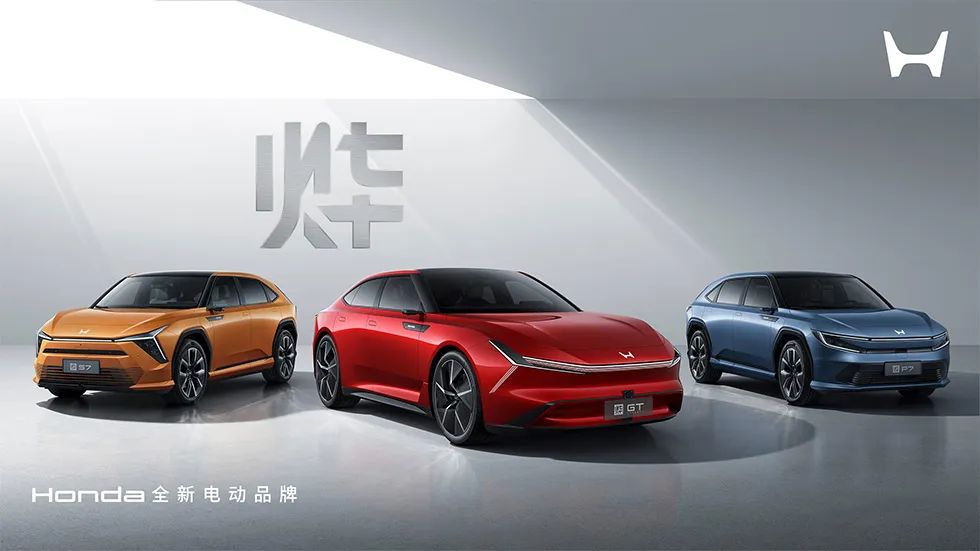
At Honda's roundtable discussion at CES 2025, the question of how the relationship between Honda, Nissan, and Dongfeng will evolve was raised. In response, Katsushi Inoue, Honda's Global Head of Electrification Business Development, said that Dongfeng Nissan and Dongfeng Honda are two different companies. Although Honda understands this situation, the current negotiations are only between Honda and Nissan, and there is no final decision on the future relationship with Dongfeng.
He revealed that Honda may soon issue a joint statement regarding its relationship with Dongfeng, but there is no additional information at present.
Some have said that from multiple perspectives, this Nissan-Honda merger appears quite chaotic. Honda has expressed a desire to simplify the development process and may share electric vehicle costs with Nissan, but the specific implementation plan is unclear.
It's worth noting that Honda has established three joint ventures or shared electric vehicle development agreements with Dongfeng, Sony, and General Motors, with no direct connection between these companies.
In addition, Dongfeng itself has launched a car series aimed at budget-conscious drivers, Qichen, which uses parts from the Nissan-Renault-Mitsubishi parts inventory.
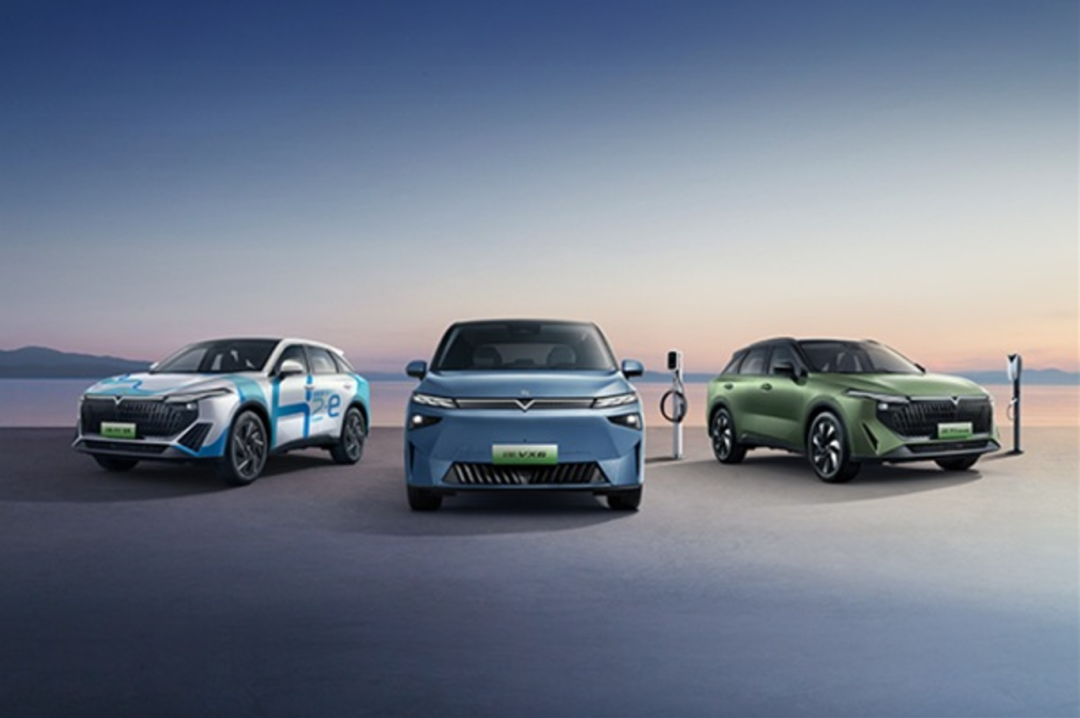
Currently, no one can give a definitive answer as to how all of this will unfold. Even Honda executives may be confused. Honda President Toshihiro Mibe once said, "This is a difficult question," and perhaps his words are more apt than we realize.
From an external observer's perspective, it would be a pity if Honda, a company with a long history of manufacturing high-quality automobiles, succumbs to the turbulence of the electric vehicle transition. Perhaps in a year, we will know whether Honda has successfully navigated the turbulent currents in today's automotive industry.
Is Honda Really Interested in Mitsubishi?
At the end of last year, Honda Motor and Nissan Motor announced a potential business integration plan, aiming to reach an agreement by June 2025. Simultaneously, Mitsubishi Motors, a member of the Nissan alliance, is also expected to join this integration agreement.
Recently, Japanese media reported that Honda and Nissan's "marriage" actually has different calculations. What Honda is truly interested in is not Nissan itself, but the 24% stake in Mitsubishi Motors held by Nissan.
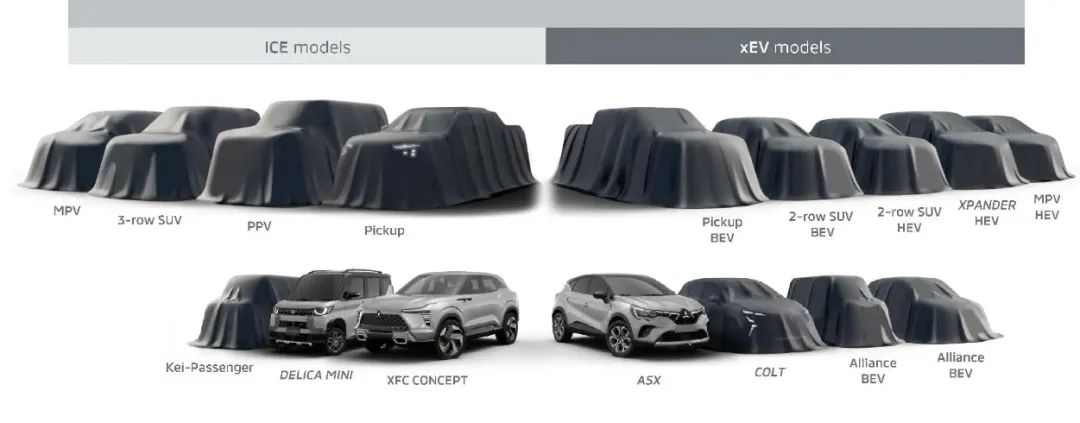
At a joint press conference on December 23, 2024, Honda announced plans to integrate the two companies under a single holding company through a partnership with Nissan. If Mitsubishi Motors is successfully included, this integration will create the world's third-largest automotive group, with combined annual sales exceeding 8 million vehicles, second only to the Toyota Group and the Volkswagen Group.
Currently, Honda faces operational challenges such as the transition from light vehicles to electric vehicles and strategies for the Asian market. Mitsubishi's Mizushima Plant produces cost-competitive electric vehicles and other light vehicles and has a market advantage in Southeast Asia, which can complement Honda's deficiencies.
From Nissan's perspective, Jun Kwan, the Chief Strategy Officer of Foxconn responsible for negotiations with Renault, was once an important figure at Nissan, ranking third. In December 2019, he competed with Mr. Uchida for the position of president but ultimately announced his resignation. A Nissan executive revealed that compared to the capable Jun Kwan, many people believe that Mr. Uchida is more considerate of those around him and easier to get along with.
The report also pointed out that President Uchida hopes to avoid Jun Kwan, who once had a close relationship with the company, returning to Nissan as a senior executive of Foxconn. This shows that there are obviously personal motives behind the urgency of negotiations with Honda.


